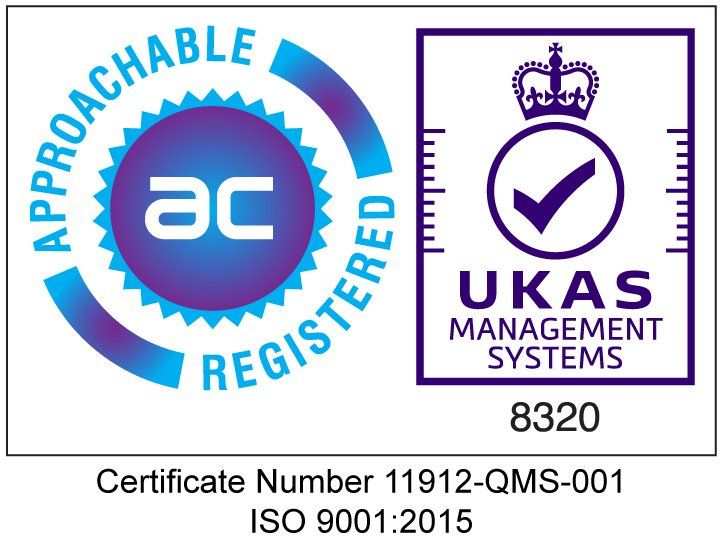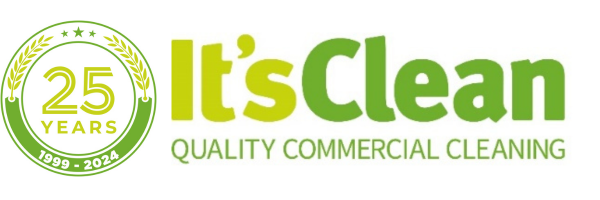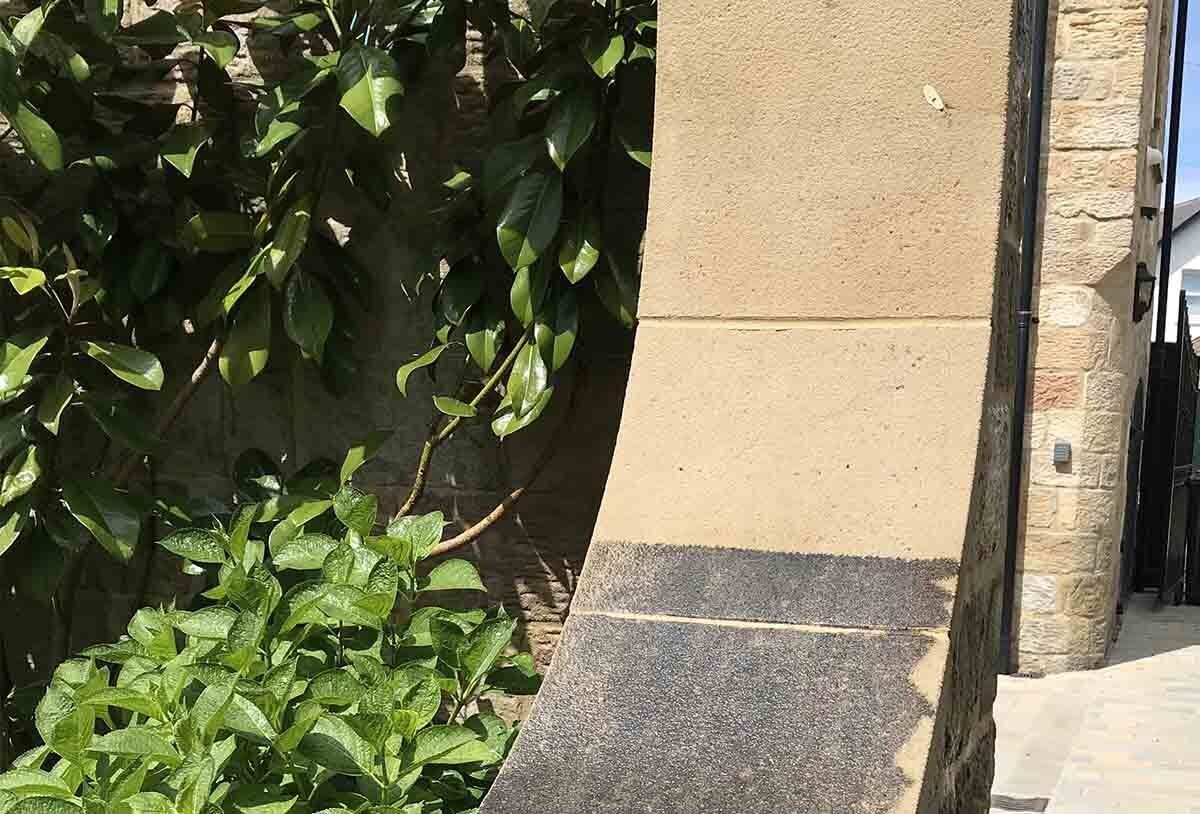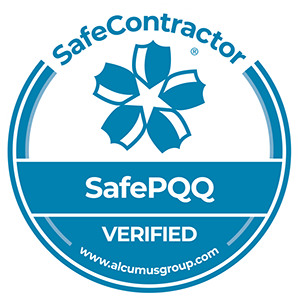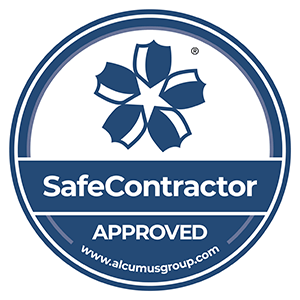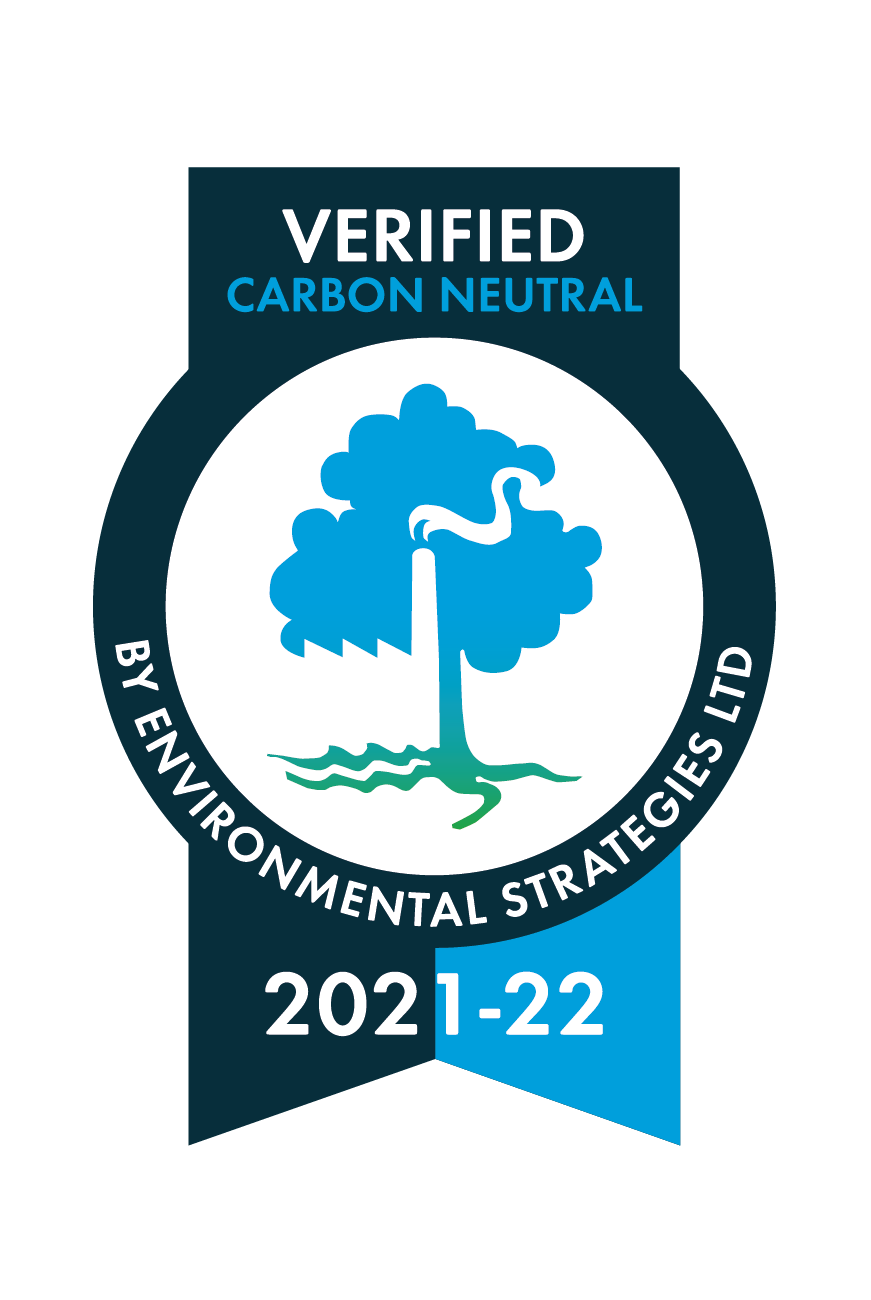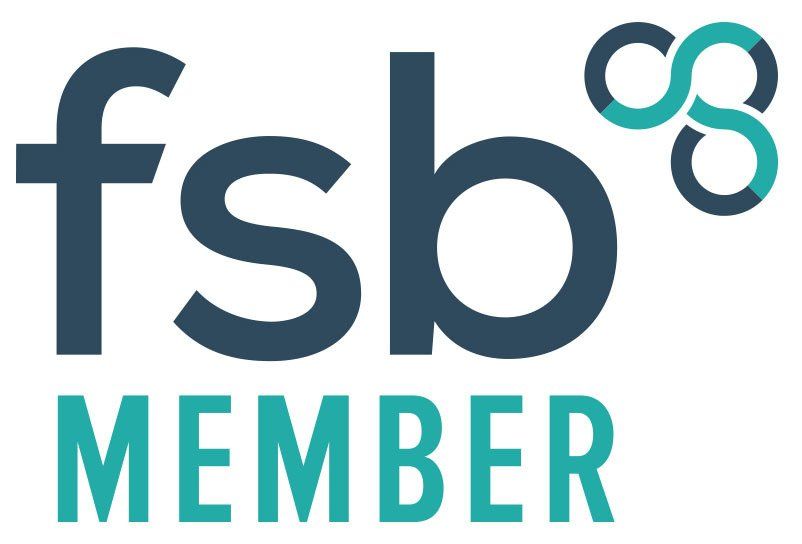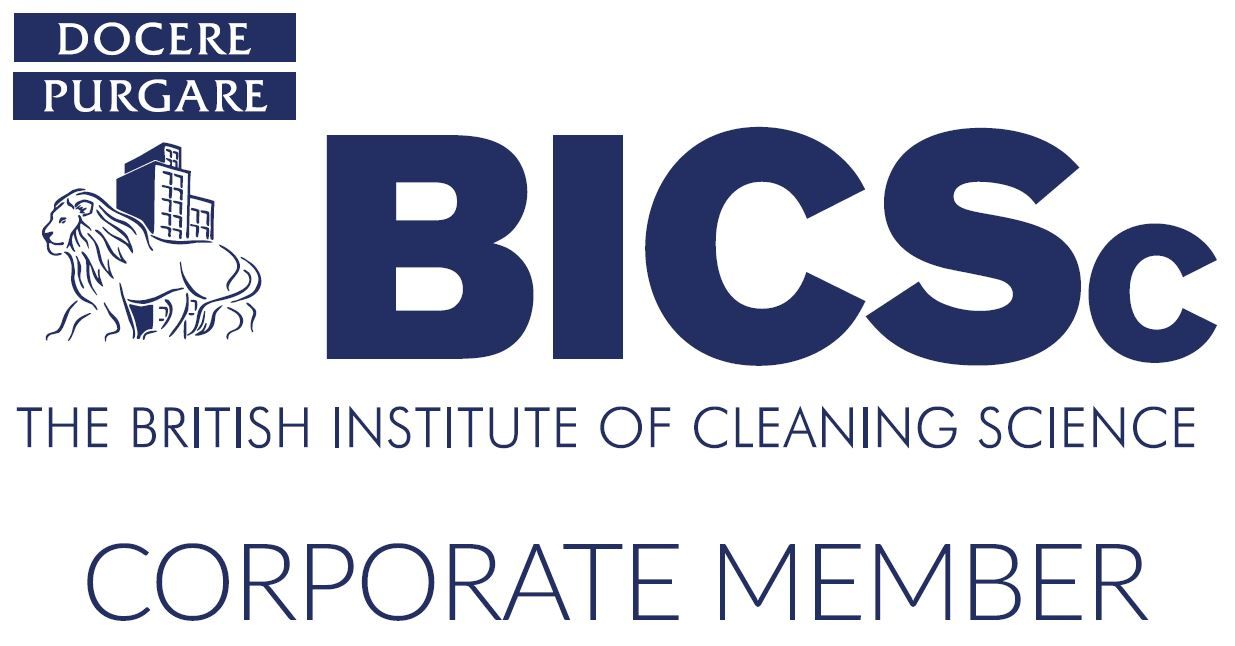- Can you use the soft washing system on all exterior surfaces?
Yes, soft washing can be used on exterior walls, steps, pathways and patios. The chemical mix will work in the same way because these surfaces are weathered in the same manner and therefore contain the same organic growth and non-organic staining. Of course the application process is slightly different with walls, compared to a flat surface, but the end result is equally effective, whichever surface is being treated.
- Can soft washing be used on commercial and domestic properties?
Yes, there is no difference in how soft washing is applied to a commercial property compared to a domestic property. Because soft washing is dealing with exterior surfaces, the nature of the weathering will be the same, except for some industrial properties where staining may be more specific or excessive. However, the process of applying the soft washing system is the same regardless and can be used both commercially and domestically.
- Can soft wash remove organic growth?
Yes, the special mix of chemicals used by the soft washing system is a blend of specially-developed ‘soft washing’ chemicals which are designed to treat organic growth and kill off re-sporing to prevent their re-growth, which includes types of algae and also insect infestations.
- What happens if soft wash chemicals don’t remove some stains?
Occasionally, we do come across more persistent stains, but these are treated by a special stage of the soft washing exterior cleaning system which attacks these stains using a gentle steam-cleaning Thermotech machine, which is non-destructive and sensitive to the surface condition being treated.
- Is soft washing less damaging to exterior render than jet washing?
Yes, soft washing is done under low pressure, so there is only ever a gentle flow of water on the exterior wall surface. The hard work is done by the chemical mix, but this will not attack the render and will not contribute to its deterioration. Soft washing is sympathetic to surfaces in poor condition, and because it uses less water, it has less chance of penetrating cracks and causing bigger problems to the structure of the property further down the line.
- Will there be chemical residue left on exterior surfaces by the soft washing process?
No, the final stage of the soft washing process is to thoroughly rinse all surfaces to ensure the chemical mix is washed away. This is necessary because the chemical mix has to be left on the surface for a period of time, in order to sufficiently kill off the organic growth and to penetrate through the non-organic discoloration. However, our cleaning professionals will always leave the surfaces clean, safe and chemical-free afterwards.
- Is soft wash environmentally-friendly?
Yes, soft washing uses far less water than traditional jet washing, and therefore also uses far less energy in the cleaning process. The chemicals used are also water-based and biodegradable, and hence there are no issues with disposal.
- Does the soft washing system leave surfaces clean long term?
The soft washing system is effective in cleaning a surface, but the main benefit is that the chemicals used will not allow organic growth to re-spore and therefore to re-grow nearby. This is the main cause in discolouration and hence will secure the overall appearance of the exterior surface for a longer period than traditional jet washing.
- Is soft washing OK to use on older buildings?
Soft washing is the perfect solution for cleaning the exterior surfaces of older buildings, as it is a low-pressure system and the chemical blend is sympathetic to the long-term structure of a surface. Where render is cracked or a surface is eroded, or where pebble dash is loose, soft washing will treat and clean that surface without causing further damage.
USEFUL LINKS
NEWSLETTER SIGNUP
Thank you for subscribing!
Sorry, there has been an error with your subscription.
Please send an email to info@itsclean.co.uk to subscribe.
IT'S CLEAN LIMITED
Harrogate Head Office: 01423 566785
Leeds: 0113 816 0033
York: 01904 439531
Office hours:
Monday - Friday 09:00 – 17:00
Company registration number: 06104838 (England & Wales)
Registered office: The Old Coach House, Rear Eastville Terrace, Ripon Road, Harrogate, North Yorkshire HG1 3HJ
VAT registration number: 937103241
© Copyright 2021 It’s Clean Limited
Company registration number: 06104838 (England & Wales)
Registered office: The Old Coach House, Rear Eastville Terrace, Ripon Road, Harrogate, North Yorkshire HG1 3HJ
VAT registration number: 937103241
© Copyright 2023 It’s Clean Limited
